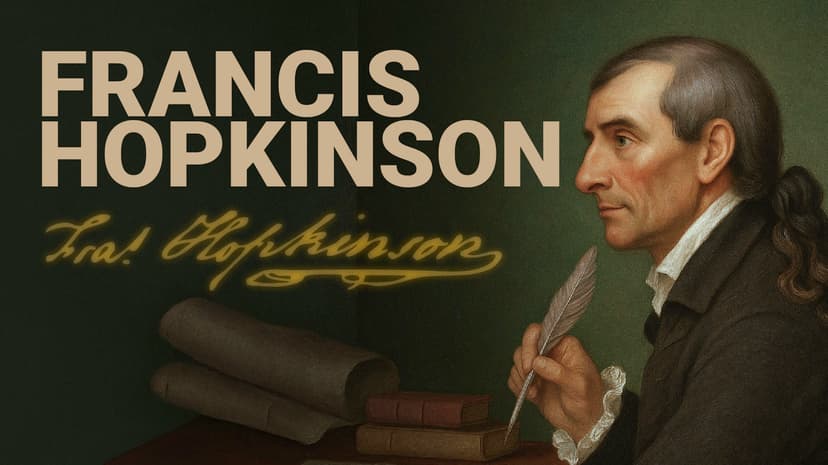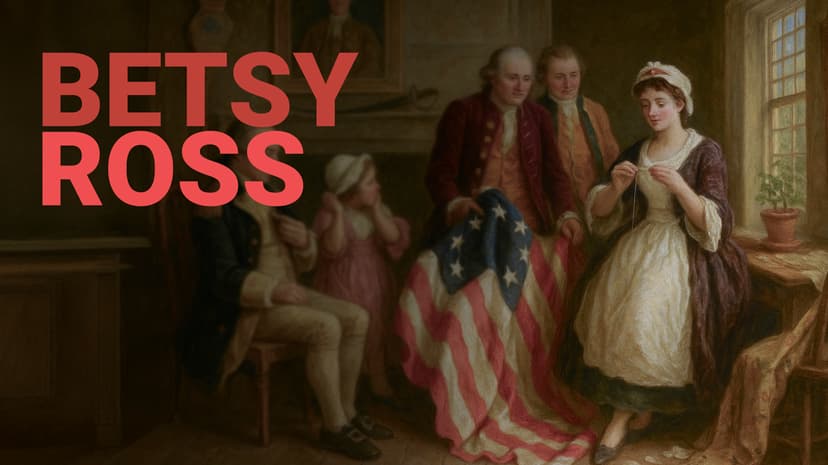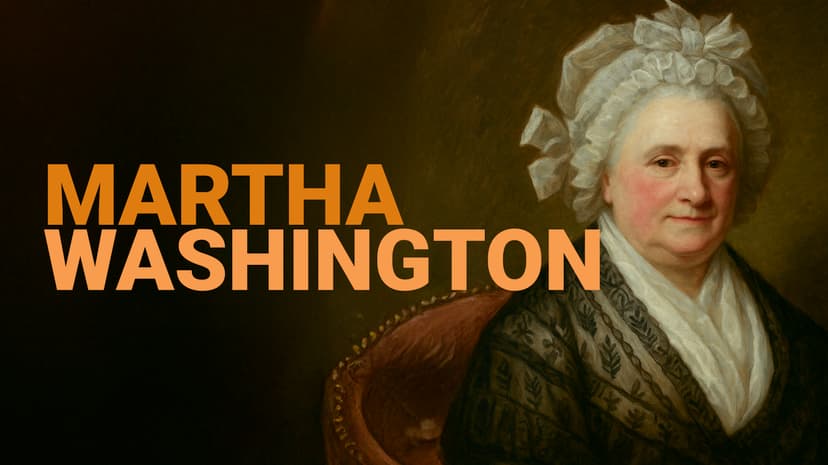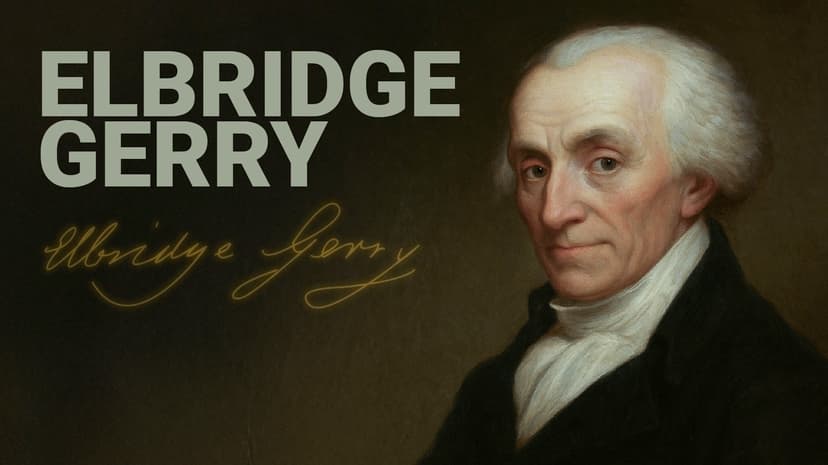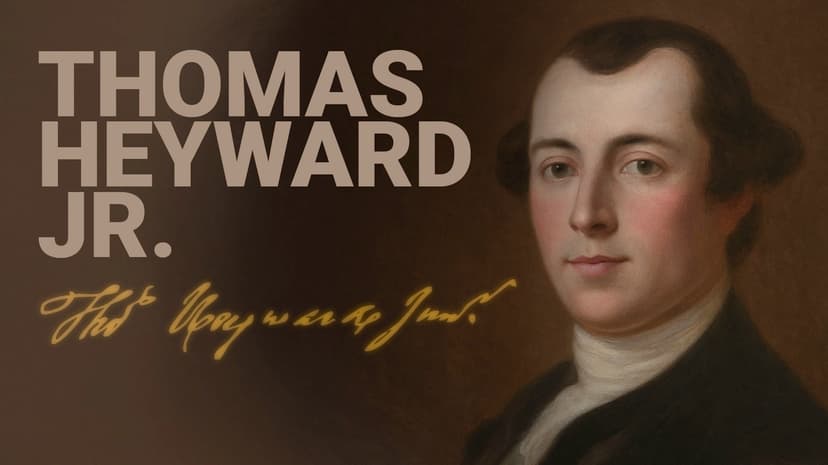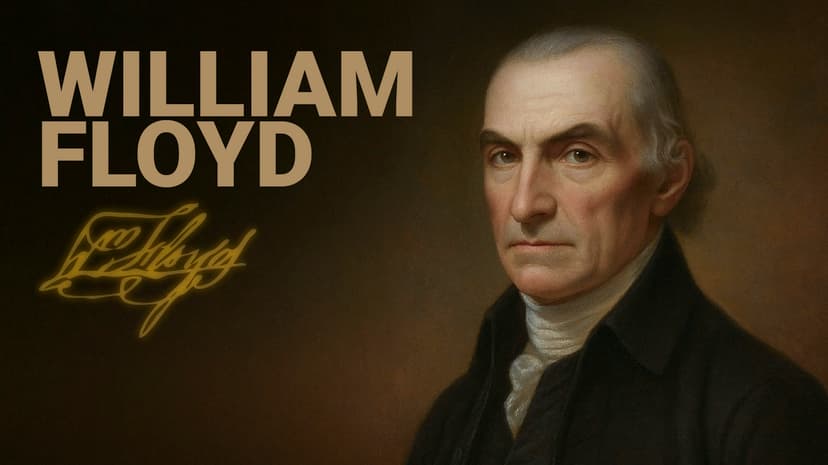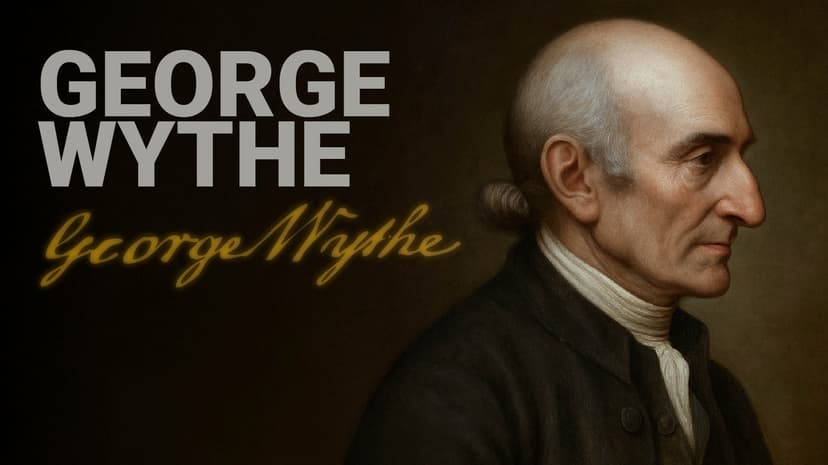Did this video impact you? Help us impact others!
Road to Liberty: William Hooper
William Hooper, born in June 1742 in Boston, Massachusetts, was a reluctant revolutionary. Raised by devoutly religious parents, his upbringing often placed him at odds with the growing revolutionary sentiment.
After attending Boston Latin School, Hooper graduated from Harvard in 1760. Though initially steered toward the clergy, he chose to pursue law. He later moved to North Carolina, married, and built a successful legal practice in Wilmington. In 1770, he was appointed deputy attorney general of North Carolina, defending Loyalist policies and British authority.
According to legend, Hooper was dragged through the streets of Hillsborough in 1770 by protesters angered over corrupt British rule—a sign of his loyalty to the Crown. Hooper even advised the British governor to stamp out rebellion.
Hooper’s views shifted after the Boston Port Act closed the harbor in retaliation for the Boston Tea Party. As a member of the North Carolina General Assembly, he began advocating for colonial rights, famously writing to a friend, “The Colonies are striding fast to independence, and ere long will build an empire upon the ruins of Great Britain...” Hooper was elected to the Continental Congress in 1774.
Nicknamed the “Prophet of Independence,” Hooper was among the first to foresee a complete break from Britain. During the war, his home was burned to the ground by the British, he was separated from his family for nearly a year, and he contracted malaria. After the war, Hooper resumed his law practice and advocated for fair treatment of British Loyalists. He died on October 14, 1790, at the age of 48.
